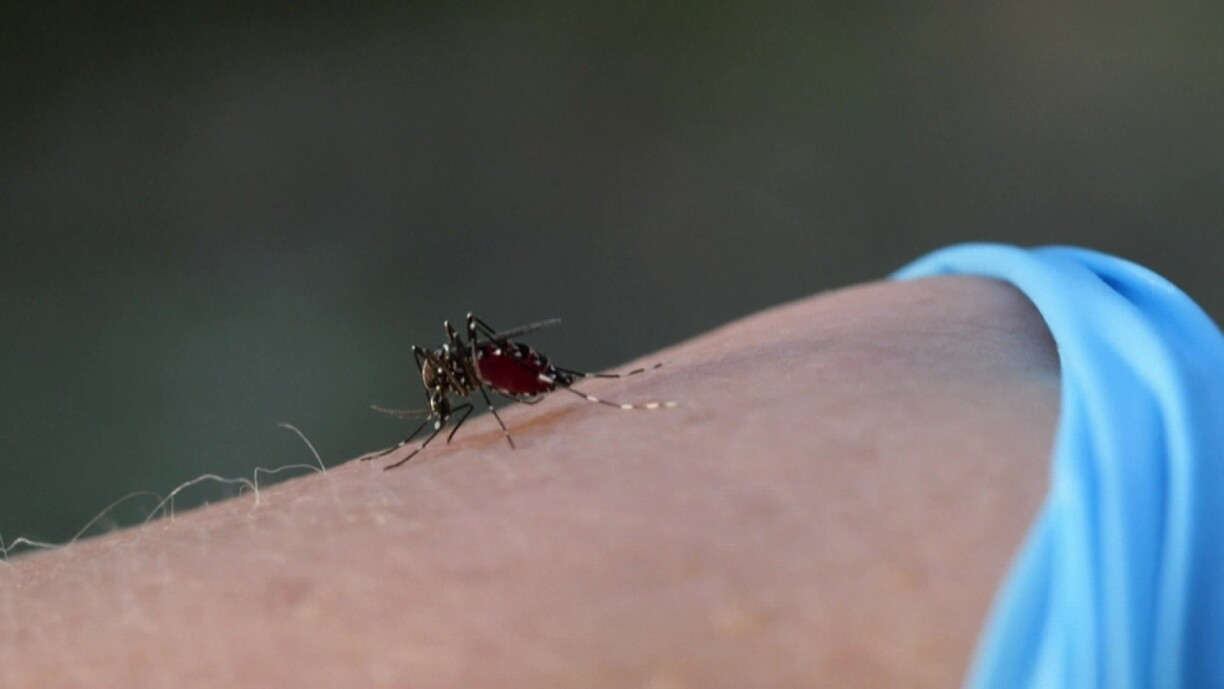
Blood donations are vital for the functioning of many hospitals, yet supplies often run low during the summer months. Regular donors are away on holiday, and those returning from certain destinations are sometimes temporarily barred from giving blood. The reason lies in a growing health risk across Europe: the spread of the tiger mosquito.
This small black-and-white insect has taken hold in several neighbouring countries and can transmit viruses such as dengue fever and chikungunya. In France and Italy, infections are on the rise, raising concerns for blood donation services in Luxembourg, where hospitals have a constant need for reserves and shortages become especially acute towards the end of summer.
One long-time donor explained that she has been giving blood for nearly 30 years. For her, it is an essential way of helping others, and she added that she takes comfort in knowing that, should anyone in her family ever need blood, the generosity of others would be there to help.
Dr Andrée Heinricy from the Red Cross Blood Transfusion Centre said that stocks had remained stable over the summer, allowing the service to cover needs even during the holiday season. With the start of the new school year, however, demand is expected to rise again, and every available donor is needed, she said.
Travellers returning from certain countries may be temporarily excluded from donating due to the spread of the tiger mosquito across Europe. These insects transmit viruses such as dengue and chikungunya, which currently cannot be detected or filtered out in blood transfusions.
Dr Heinricy explained that tropical diseases have occasionally appeared in Europe in recent years, especially during summer, and anyone who has spent even a single night in a region where such cases were reported must wait 28 days before donating.
The tiger mosquito is already established in France, Italy, and Germany, and has been spotted multiple times in Belgium and Luxembourg. Milder winters make it easier for the insect to survive.
According to Dr Pit Braquet of the CHL Travel Clinic, there have been no cases of people in Luxembourg contracting mosquito-borne diseases locally. He noted, however, that climate change is enabling the tiger mosquito to expand into new regions, which explains why countries such as France or Italy are now seeing illnesses like dengue and chikungunya that were previously absent from Europe.
For the moment, the risk in Luxembourg remains low. Hospitals stress, however, that the need for blood never disappears – every donor can save lives. A list of affected regions is available on the website dondusang.lu, where donors can also book appointments directly.